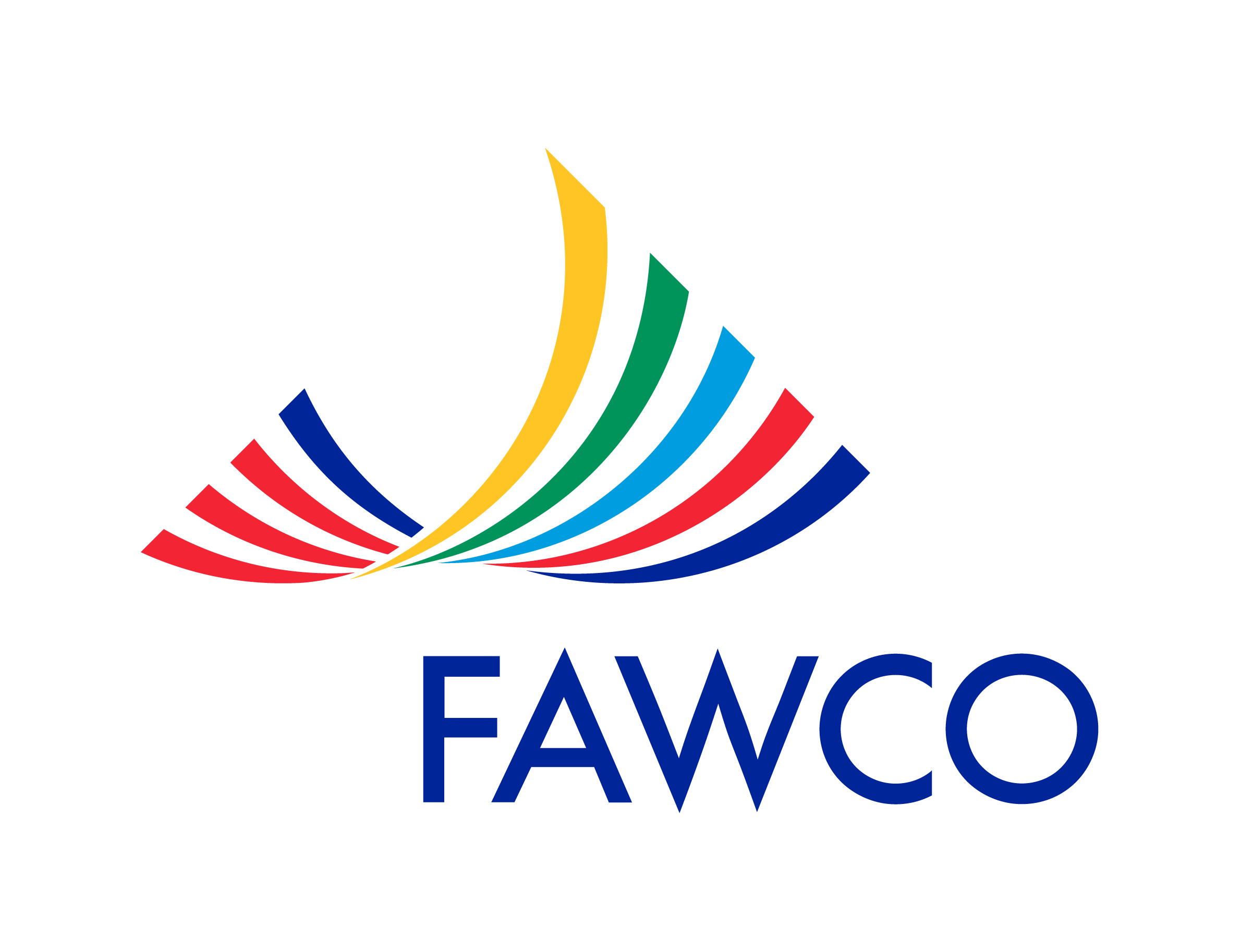Roberta Zöllner (Munich IWC) (updated Aug 8, 2024)
So many organizations rely on applications for determining membership or conferring awards, it is a wonder more thought and care are not given to their completion. Many applicants rely on personal one-on-one interviews to fill gaps left in their written applications. The FAWCO Foundation Awards Program relies entirely on written applications, so it is imperative that hopeful award recipients carefully consider how they present themselves on paper. The Foundation wants everyone to do their best, so we have a few tips to offer:
Follow Instructions
It never fails that a few applicants are almost immediately taken out of consideration because they fail to follow instructions properly. The Foundation receives dozens of applications from around the world. Therefore, we ask applicants to present information within a pre-defined framework to ease comparison. Naturally, when information is presented outside this format, or when “holes” are left in the application, that application is less likely to emerge as a candidate.
Essays
Writing styles vary and skill depends largely upon practice. The selection committee’s expectations are in keeping with the age of the applicants. We are not looking for gifted writers, as much as we are looking for a demonstration of focused thought and evidence that the writer has examined their life. In keeping with the classical essay form, we expect each essay to describe a problem, set forth an argument, analyze and develop the problem, and present a conclusion. The Biographical Essay allows a free choice of topics within a selection of general categories. The applicant should narrow the scope of the essay to a specific subject. In other words, “A Family Situation” should not be the title of the essay. We want to read about a particular situation and how it developed from problem to conclusion. What we often read instead is a list of information about the particulars of the applicant’s family members – information found elsewhere in the application – and a simple reporting event. A stronger essay would connect the event to a concise argument that illustrates a larger issue or supports a conclusion. Remember, each essay is limited to only 200 words, so use them wisely. The Proposed Study Essay is quite specific. We want to know what academic field the applicant is interested in and why, as well as what degree they hope to achieve for a particular purpose in life. An essay that gives the impression of a person passively waiting for revelation from outside is not likely to succeed.
Letters of Recommendation
The review committee regards these letters highly and reads them carefully. Applicants should pick two references who may be relied on to produce legible, enthusiastic letters. Form letters, or letters written to “whom it may concern” make a poor impression and provide little real information. Make sure you choose and brief your two references wisely.
It is worth giving your chosen references a little guidance on what is expected, it might not be standard practice for them to write this type of letter. Below is a suggestion that you can give to your references. Make sure you provide the information about the Education Award for which you are applying.
Letter of recommendation format:
- A brief introduction stating who you are, your relationship to the applicant and your personal experience or expertise.
- An overview of the applicant's strengths as you've experienced them and as they relate to the award being applied for.
- A personal story that elaborates on one to two traits the applicant possesses.
- A closing statement that summarizes why the individual you're recommending would be a good fit for the opportunity.
- A signature that includes your name and contact information.
Presentation
New applicants should not be discouraged by the impressive credentials of past award recipients. Receiving an award is often a matter of presentation. An application is a one- dimensional piece of paper that must somehow convey a three-dimensional image. An application that conveys a bit of the writer’s personality and supports that image can easily compete against an impressive list of credentials lost in a poorly written and disorganized application.



